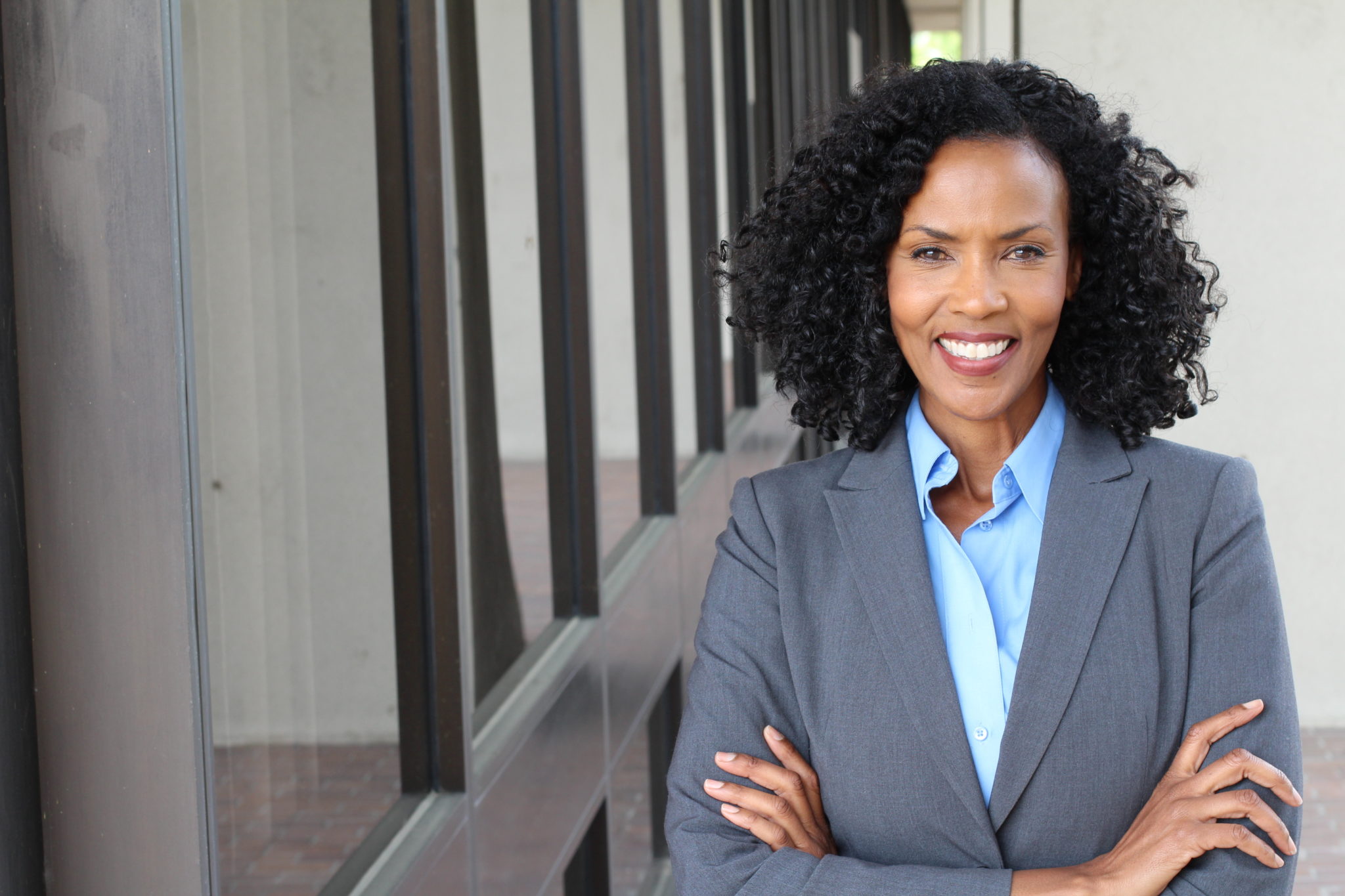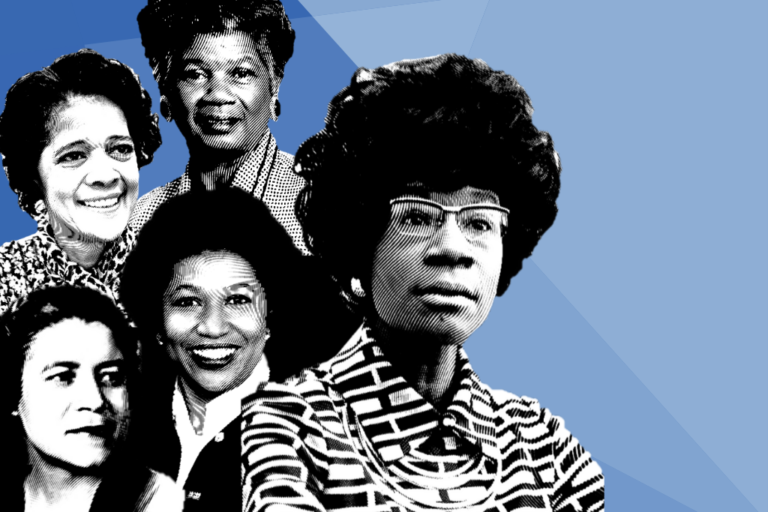52 years after Shirley Chisolm was the first Black woman ever elected to Congress, we…
The Shirley Chisholm legacy: Black Women in Congress

This past week a Virginia Congressional special election made history when voters of Virginia’s CD-4 elected State Senator Jennifer McClellan: she will be the first Black woman to represent Virginia in Congress. A notable way for Virginia to close out Black History Month.
According to data from Pew Research, 57 Black women have ever been elected to the United States Congress, which includes both voting and nonvoting members. Two of the 57 Black women, Carol Moseley Braun and Kamala Harris, have been elected to serve to the United States Senate. While these numbers are certainly better than the Black women who have been elected Governor (still zero), they are not close to narrowing the wide gap between them and their white counterparts. In fact, Virginia is only the 23rd state to elect a Black woman to Congress.
What has been part of the struggle to elect more Black women to Congress? A lot of it is similar to what has plagued Black women trying to run statewide, particularly what experts call the “imagination barrier” that keeps voters from envisioning a woman, especially Black or other women of color, as leaders in a country that has elected white men at the local, state, and federal level for centuries. This imagination barrier is quite real: when the Barbara Lee Family Foundation ran a focus group on what a “hypothetical governor” looks like, the majority of focus group participants pictured a man. This imagination barrier often translates into Black women having to spend their time convincing voters, donors, and other leaders with significant sway that they can be elected. When disbelief cannot be suspended among all of these groups critical to an election they ensure Black women cannot raise the money, get the votes, and endorsements to win–making it a self-fulfilling prophecy that Black women cannot win public office. Even when they emerge from a primary as the nominee, oftentimes Black women still don’t get the financial support of their counterparts needed to run competitive races as was most recently noted for the US Senate race in North Carolina where Cheri Beasley was the nominee.
Black women are running for office on both sides of the aisle, but the majority of them are running for the Democratic nomination. As such there are more progressive leaning organizations working to support these women like Higher Heights for America which is the only political action committee exclusively dedicated to electing progressive Black women at the federal level. Others organizations like the Working Families Party or Emerge America have added programs to their efforts focused on ensuring Black women get the additional training, cohort, and moral support beneficial to running for office. Even with this support more is needed for change, especially from key donors and outside groups, as laid out in recent articles to ensure Black women can compete at levels needed to win.
Given the challenges for Black women candidates to get elected to any office, by the time they step up to run for an office like Congress, they are often the most prepared for the job through prior professional and public service experience. Prior to being a state senator, Jennifer McClellan served in the lower chamber of the Virginia General Assembly as a Delegate. In a similar profile, the first Black woman to serve in Congress, Shirley Chisholm, was a New York State Assemblywoman prior to being elected to Congress and the first Southern Black woman to ever be elected to Congress was Barbara Jordan, who had previously served as a State Senator in the Texas State Legislature. Many also emerge into higher office after serving in local office roles, state commissions, and boards.
There are more Black women stepping up to run for Congress than in years prior. If we are to increase that percentage (and finally return a Black woman to the Senate), they need to be supported in the ways their white counterparts are.






